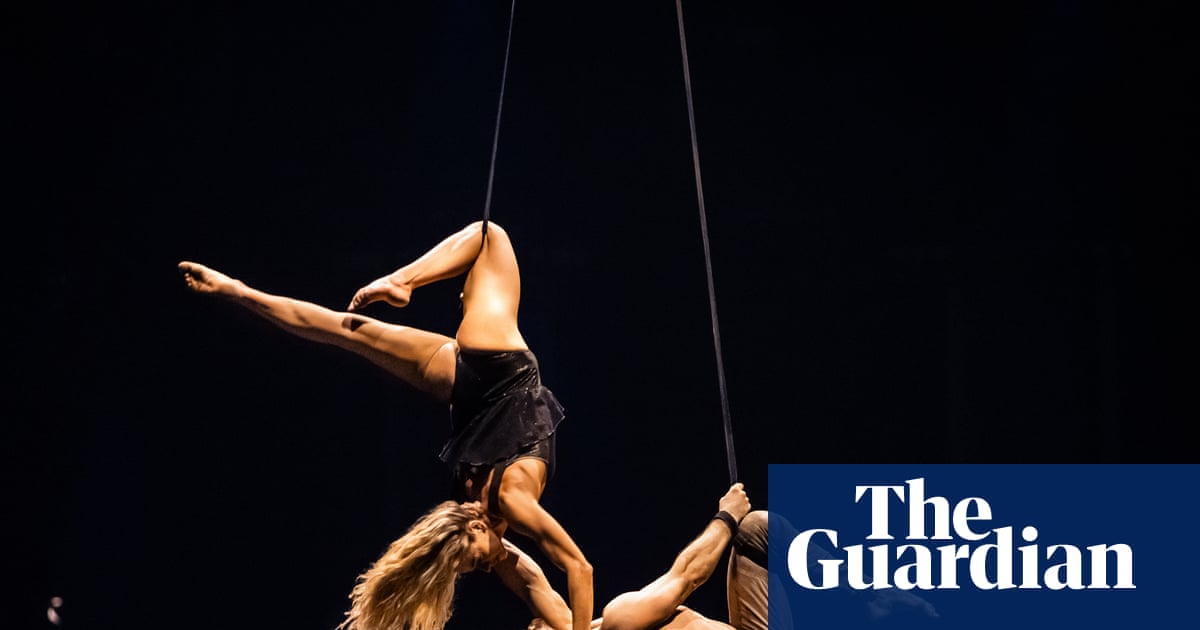Most of us read all day – texts, emails, menus, utility bills, social media captions and news stories. But fewer people are reading for fun.
According to a 2022 report from the National Endowment for the Arts, 48.5% of US adults said they had read at least one book that year, down from 52.7% five years earlier, and 54.6% 10 years earlier. In the UK, a 2024 report found that half of UK adults do not regularly read for pleasure.
“The world is increasingly distracting,” says Sam Helmick, president of the American Library Association. “It can be really difficult to get into a reading habit.”
Are you in a reading rut? We asked experts how to get out of it.
What are the benefits of reading?
There are numerous benefits to a regular reading practice, experts say. It might even make you a better person.
Studies have found that reading fiction specifically can make people more empathetic, strengthen their social-cognitive abilities and increase psychological richness.
Craig Getting, co-host of the book podcast Overdue, says reading fiction helps him experiment with the perspectives of other people and groups. “It helps me have a more open-minded view of the world and be a little bit more grounded in how I meet new people or think about the people I interact with,” Getting says.
Even if fiction isn’t your cup of tea, regular reading has been shown to reduce stress levels and protect cognitive function in later life.
“I always say that [reading] is really good for helping you rest and slow down,” says Morgan Menzies, a literary curator and social media influencer. Menzies says it’s an effective way for her to unwind before bed. “Some nights I get a few pages in. Other times it’s one or two pages and I’m out,” she laughs.
Why do people stop reading?
If reading for fun is so great, why do so many people fall out of the habit?
Distraction: Distraction is a big reason, says Getting’s Overdue podcast co-host, Andrew Cunningham: “There’s a lot of entertainment out there competing for your mind and your eyeballs – TV, social media, news, podcasts.” Plus, while reading is all-absorbing, many of these other options are “a lot easier to do while you’re doing something else”, he says.
Helmick agrees about the lure of multitasking. “I know folks who read short articles or short blogposts while waiting in line at the grocery store or bingeing a TV show, so you’re not fully engaged.”
By contrast, reading books requires a degree of “intentional focus”, Helmick says. A novel demands a greater commitment of time and energy than, say, a TikTok about someone’s morning routine.
Changing circumstances: Menzies says people also tend to break their reading routine during times of change, such as graduating college, entering the workforce, starting a family or moving. “There are other things taking time from you, so maybe you can’t center reading as much as you once did,” she says.
after newsletter promotion
Reading selection: Sometimes, people put pressure on themselves to read a certain kind of book. My own reading ruts have come when I try to force myself to read books I think will make me seem serious and intellectual, rather than what I actually enjoy (detective stories and gossipy memoirs).
“If you’re excited to read great canonized fiction, then awesome,” says Cunningham. “But if you’re excited to read an enemies-to-lovers romance or a book where people ride dragons, that’s what you should read.”
How can you get back into a reading routine?
Figure out what you enjoy: Helmick recommends going to a library and checking out various kinds of books. “Read the first chapter, and see which one or two grab you,” they say.
Don’t force it: If you’re not enjoying a volume, put it down and move on to the next. “I am a huge advocate for not finishing a book,” says Menzies. “If you don’t like a book, no one’s judging you. You’re not failing.”
Keep it short and sweet: Cunningham suggests people start with shorter books. “Don’t have Infinite Jest be the first book you pick up if you haven’t read anything in a few years,” he says. He suggests searching Goodreads, Barnes and Noble or the Booker Library’s list of short books.
Short story collections can also be a good way to dip your toe back into reading, says Getting. “You get a full narrative experience out of 10 or 15 pages,” he says.
Make it social: Experts recommend sharing books with friends, or joining a book club. Menzies attends an audiobook walking club where everyone walks together, listening to their own audiobooks. “Throughout our walk, we stop and chat about our books and what’s exciting us,” she says.
The medium doesn’t matter: Don’t get hung up on the format. Whether you read physical books, use an e-reader or listen to audiobooks, it’s all valuable, experts say. “If that’s what gets you reading, that’s what gets you reading,” says Getting.
Do it daily: Once you’ve found your favorite genres and reading method, carve out a little bit of time for it each day. “Read 10 minutes before bed for about 20 days,” says Helmick. “By the end, you’ll have created a habit.”
Make it fun: Finally, make sure you’re having a good time. “Reading is something that should bring you joy,” says Menzies. “There’s a lot you can gain from it.”

.png) 3 months ago
46
3 months ago
46

















































